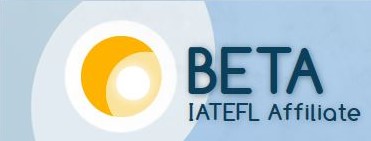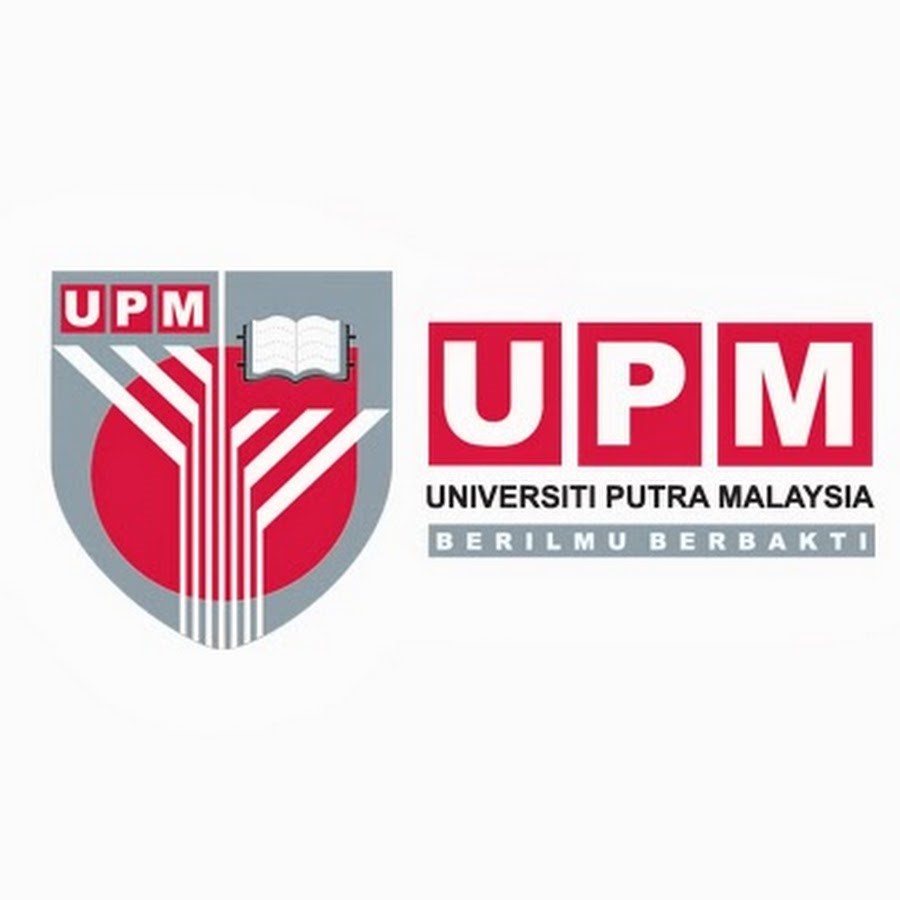Conferences
|
ELTFORUM 2019 is an international conference for English teachers. The conference is a joined effort of the Bridge – English Language Centre, Pilgrims – teacher training, LAMSIG and the Slovak association of language schools. ELTFORUM is a two-day event with an audience of about 300 participants. It takes place on 7th- 8th June in Bratislava and the topic is “Humanising our language teaching”. Since 2011 our goal has been to bring together great minds that have influenced our ELT community to give talks that foster learning and inspiration. The key note speakers for 2019 are Mario Rinvolucri, Hania Kryszewska and Chaz Puglieze. For more info please check a short video from ELTforum 2018 and the website http://eltforum.sk/
|
Interview with Alan Maley who will be presenting at the ELT forum in Bratislava, 7-8 June 2019
Alan Maley is one of the most respected educators in our profession and in a career spanning more than fifty years, he has taught at some of the most prestigious educational establishments around the world. Professor, writer, editor, poet and international speaker, he is a former president of IATEFL and the holder of an ELTon Lifetime achievement Award.
I was recently given the chance to put some questions to Alan Maley and I took the opportunity to ask him for his views on some current aspects of our profession. Whilst he modestly claimed to no longer be really active in the field, I am sure you will find his answers informative and thought provoking:
1. In an increasingly digitized and APP filled world, what do you think the role of the English language teacher will be in the future?
I assume you mean will technology remove the necessity for live teachers? I think that, despite the advances in things like machine translation – of speech as well as writing - and futuristic developments like neural implants, not to speak of the phenomenal use of hand-held devices and APPS, many if not most learners still feel the need for human agency. And that includes not just having an understanding, empathetic teacher but also the psychological comfort of belonging to a learning group. I hope I am right.
2. How would you compare the standard of English language teaching now to when you first started out in the field?
I started out in 1962. At that time there were only three post-graduate courses in Applied Linguistics and ELT available in UK. There were few books available to novice teachers in the field (Michael West’s Teaching English in Difficult Circumstances, Lionel Billows’ Techniques of Language Teaching, Daniel Jones’ Pronunciation Dictionary, Hornby’s ALDCE dictionary and his books on structural patterns, etc.). There were not many commercially published materials either apart from Eckersley’s Essential English and only one, rather emaciated journal – ELT (later to become ELTJ), and no professional associations like IATEFL. And the certification courses from Cambridge and RSA were still in the future.
Compare that with the current plethora of published and online materials, where we struggle to read through all the publishers catalogues, not to speak of reading the books they are peddling. There are similarly any number of University Post-graduate programmes, and CELTA, DELTA and the rest. ELTJ is thriving as are other teacher publications like HLT Mag, ETp, MET and the like. And the blogo-sphere is replete with contributions from here there and everywhere, and from Tom, Dick and Harry. IATEFL has expanded and is vigorously active with SIGs and webinars and newsletters a-plenty.
So the short answer is, the difference between then and now is immeasurable.
3. What, for you, is the biggest challenge facing the English language teaching profession?
Frankly, I do not know. It’s a tricky question to answer anyway because we are a fragmented profession at best – and in some ways we are still not a fully-fledged profession at all. I wrote about this in ELTJ in 1992, (Maley, 1992).
4. Are there some techniques and approaches to teaching that have gone out of fashion that you would like to see given a new lease of life?
There are a number of practices and techniques which were demonised and proscribed for quite a time when more ‘modern’ views came to prominence. I am thinking in particular of rote-memorization, reading aloud, dictation, translation, use of the mother tongue for explanations, choral drilling and so on. It is certainly true that many of these practices were over-used and unthinkingly applied, so in that sense rightly criticised. However, a case can be made for using all these discarded techniques but in more flexible and innovative ways than was traditionally the case. Morgan and Rinvolucri’s Dictation (1989) is a case in point, as are Alan Duff (1989) and Francoise Grellet’s (1991) books on Translation.
5. What's the most important thing you have learned about teaching that you would pass on to the next generation of teachers?
I hesitate to offer advice to anyone about anything but as you ask, here is just one thing I have discovered. I need to teach the person in front of me, not just the subject I am purporting to teach. This is analogous to advice sometimes given to doctors: treat the patient not just the disease.
6. If you could change one thing about the profession right now, what would it be?
If it is just one, then I would like to see much less focus on ‘control’- in the form of graded objectives, guidelines, curricular goals, bench-marks, syllabuses, exam/test-orientation, outcomes-based teaching, etc. This would entail re-focussing on the ‘human’, trusting teachers’ expertise in tailoring their teaching to local contexts, allowing learning to happen rather than trying to make it happen.
7. Is there is anything else you would like to add about the current / future state of teaching?
Professionalism has tended to be equated with qualifications- particularly with academic qualifications. I think this is in many ways regrettable. Academic qualifications, such as increasingly the PhD are no guarantee of pedagogic expertise. Such qualifications confer a bogus scientific respectability to the art and craft of teaching. I wrote about this at length in HLT Mag a few years ago (Maley, 2015). It did not win me many friends among the academic confraternity – but after all, who needs friends when they can have enemies like that!
Publications mentioned
Duff, A. (1989) Translation. Oxford: Oxford University Press.
Grellet, F. (1991) Apprendre a Traduire. Presses Universitaires de Nancy
Maley, A. (1992) An open letter to the profession. ELTJ, Vol. 46/1, Jan 1992)
Maley, A. (2015) ‘More research is needed’: A mantra too far? HLT Mag, 1 April 2015.
Morgan, J. and M. Rinvolucri (1989) Dictation. Cambridge: Cambridge University Press.
|
28th BETA-IATEFL Annual International Conference Changing the World One Class at a Time: Getting Through to Students Plovdiv University "Paisii Hilendarski" 3rd-5th May 2019, Plovdiv, Bulgaria
Read more: http://www.beta-iatefl.org/annual-conference/conference-call/ |
|
INTERNATIONAL CONFERENCE ON CREATIVE TEACHING, ASSESSMENT AND RESEARCH IN THE ENGLISH LANGUAGE (ICCTAR 2019)
Innovations for the Future, Wisdom of the Past 26-28 June, 2019 Hotel Equatorial, Melaka - UNESCO World Heritage City Malaysia
CALL FOR PAPERS - SUBMISSION DEADLINE FOR PROPOSALS: 30 MARCH 2019 The conference secretariat invites speakers to submit proposals (abstracts) on any topic related to English Language Teaching (Examples would include classroom research, research on the skill areas, investigation of errors, assessment and tests, materials development and evaluation, teacher problems, learner problems, teacher professional development, curriculum development, new issues in ELT, etc.) or English Language Studies (Comparative studies in L1-L2, corpus linguistics, discourse analysis, literacy, translation, language policy, etc.). Topics are not restricted to those mentioned here.
Opening Plenary Edwin Nadason Thumboo, Emeritus Professor, National University of Singapore http://icctar.com/ |
Bonnie Tsai Scholarship – Winner Announced
A Modern Pilgrimage
Ben Gwillim, SlovakiaConferences




